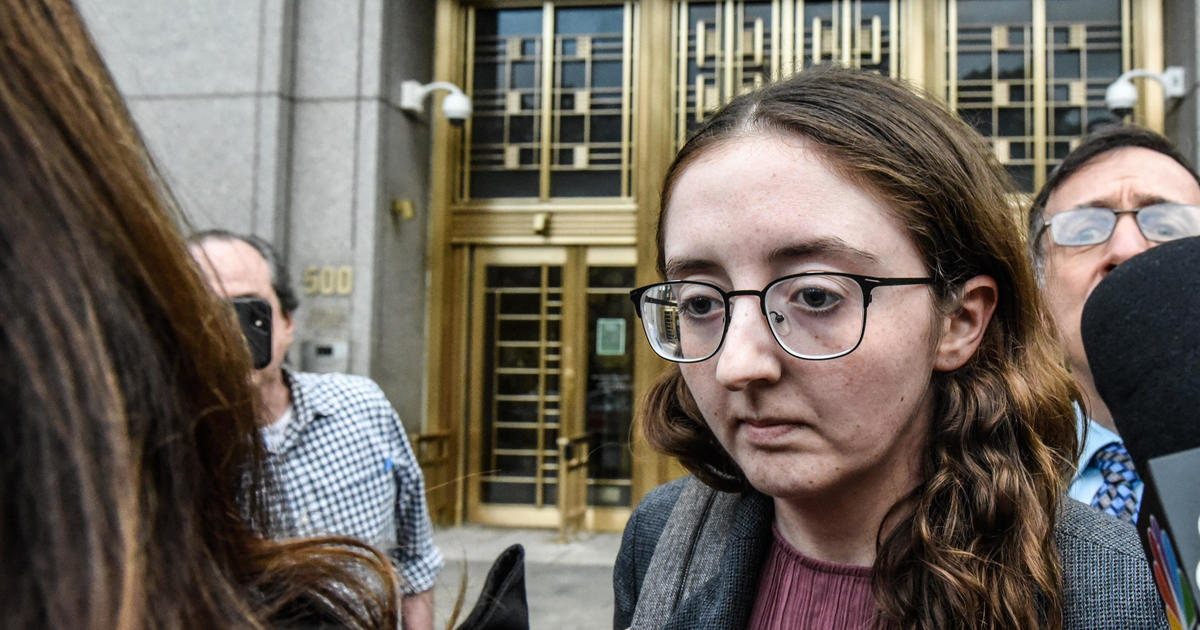
Sam Bankman-Fried's lawyer struggles to poke holes in Caroline Ellison's testimony
CBSN
Sam Bankman-Fried's lawyer on Thursday offered a meandering cross-examination of his client's former girlfriend, the government's key witness in the criminal fraud trial of the FTX co-founder.
Caroline Ellison had testified on Tuesday and Wednesday that Bankman-Fried directed her to siphon money from FTX customer accounts to fund investments and trading strategies at Bankman-Fried's cryptocurrency hedge fund, Alameda Research. Ellison was the CEO of Alameda when it and FTX collapsed in November of last year.
Ellison spent much of her testimony walking the jury through how she repeatedly had to tap into the customer deposits at FTX to solve problems at the hedge fund or at the exchange. FTX deposits would be withdrawn to pay for new investments or political donations, or to hide steep losses on Alameda's balance sheet, she testified. All of this was done at the direction of Bankman-Fried, she said.

President Biden on Monday signed into law a defense bill that authorizes significant pay raises for junior enlisted service members, aims to counter China's growing power and boosts overall military spending to $895 billion despite his objections to language stripping coverage of transgender medical treatments for children in military families.

It's Christmas Eve, and Santa Claus is suiting up for his annual voyage from the North Pole to households around the world. In keeping with decades of tradition, the North American Aerospace Command, or NORAD, will once again track Santa's journey to deliver gifts to children before Christmas 2024, using an official map that's updated consistently to show where he is right now.

An anti-money laundering law called the Corporate Transparency Act, or CTA, appears to have been given new life after an appeals court on Monday determined its rules can be enforced as the case proceeds. The law requires small business owners to register with the Financial Crimes Enforcement Network, or FinCEN, by Jan. 1, or potentially pay fines of up to $10,000.








